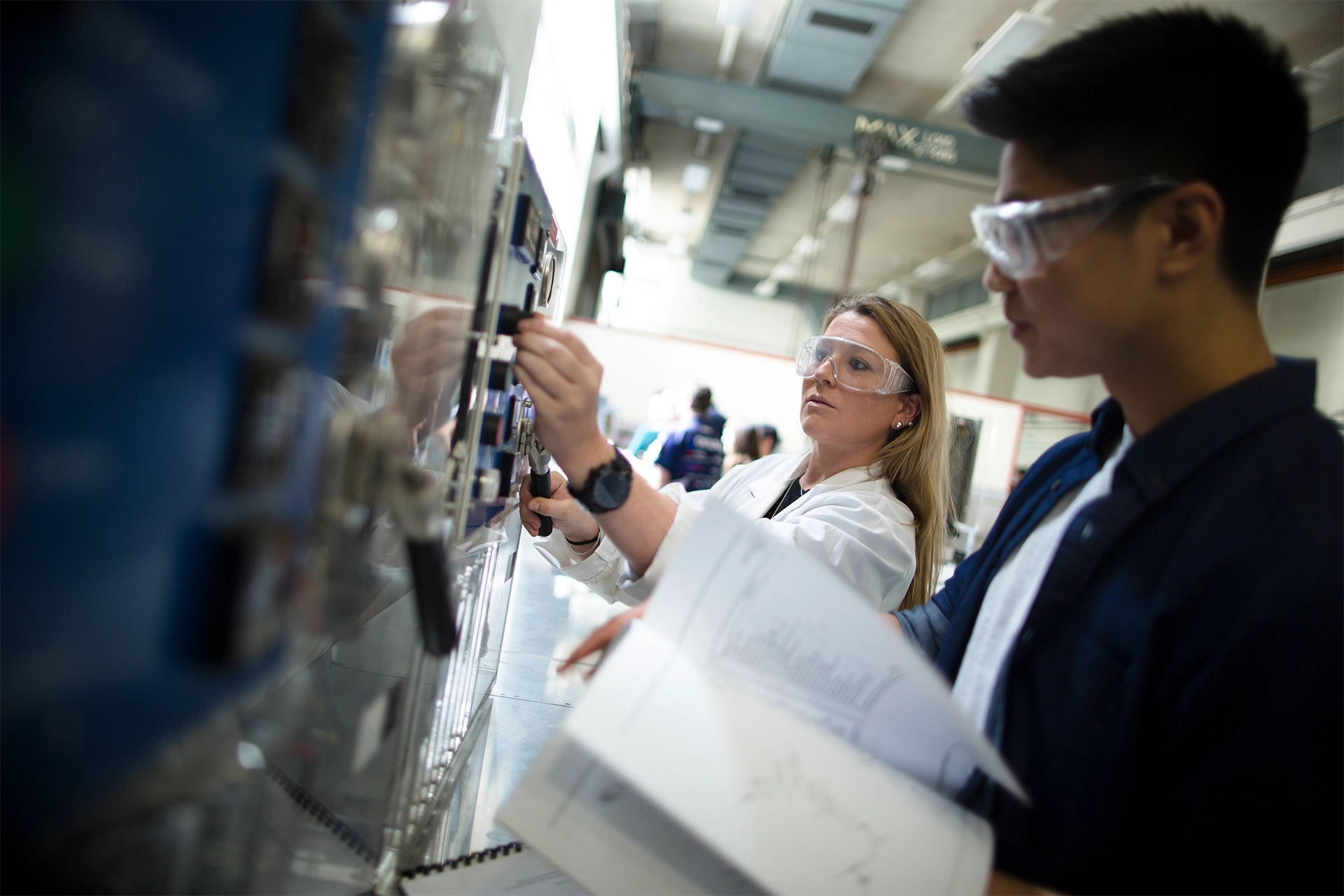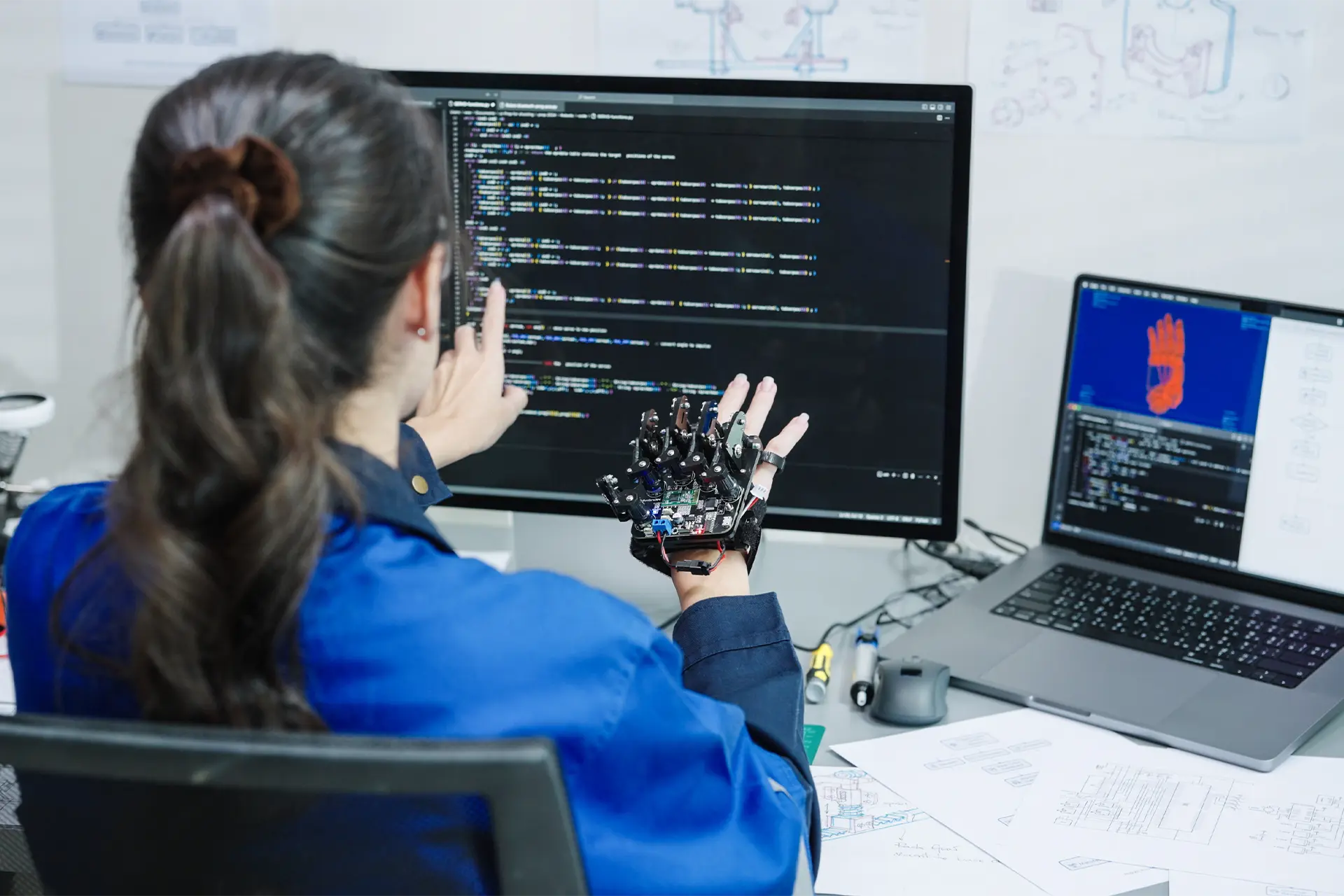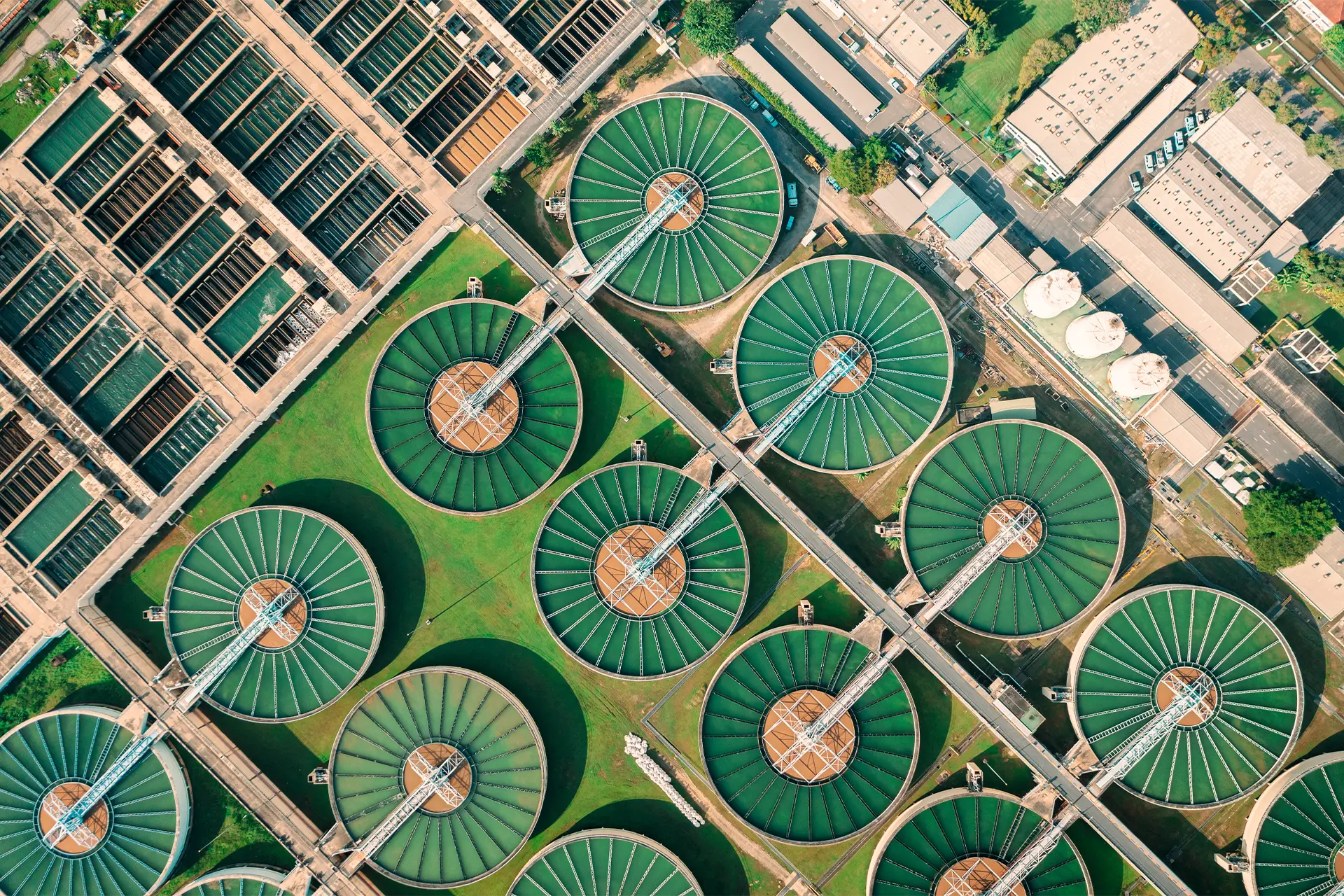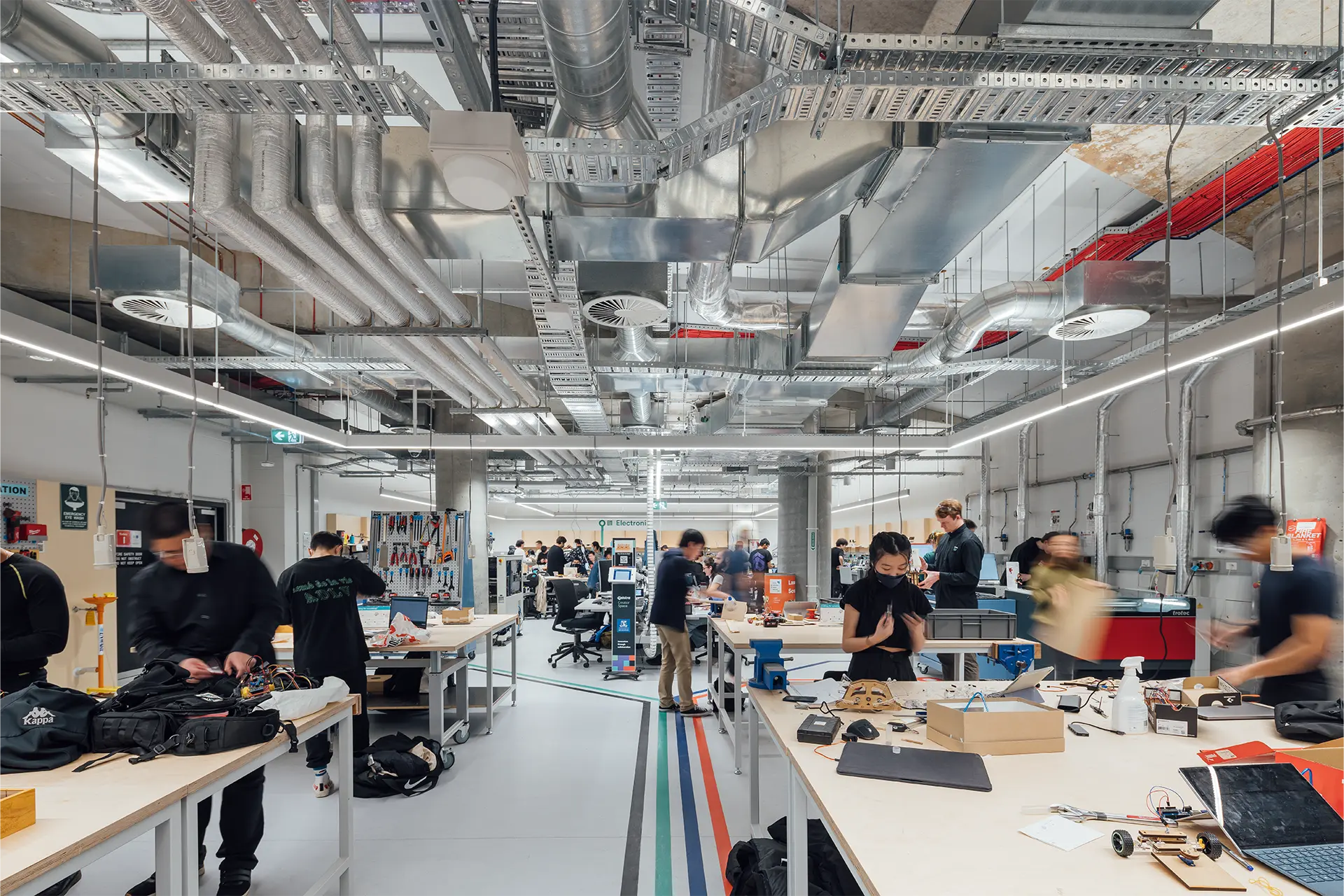
Sciences & Technology
How science is making the sci-fi ‘tractor beam’ a reality

Our profession’s future is not just about training more and more recruits to fill the shortage, we also need to focus on the qualities of our next-gen engineers
Published 30 October 2024
Australia’s engineering skills and labour shortage is at its highest level in over a decade.
According to a recent Engineers Australia report, demand for engineering skills is growing at three times the rate of the general workforce.
This is a problem for Australia, but a huge opportunity for young people wanting a career that’s both exciting and consequential.

Yet, while governments, educational institutions and industry join forces to secure more people for our workforce, it’s the qualities of our next-gen engineers that should also be in our sights.
In 2012, I co-founded the Melbourne Accelerator Program (MAP) – the first university-aligned accelerator program in Australia. MAP supports the entrepreneurial activities of the University community, including current students and recent alumni, through business acceleration methodologies.
Since it began, it has supported over 100 startups that have raised hundreds of millions in funding and revenue and created over 1500 jobs.
Selected teams receive mentoring from some of Australia’s most brilliant business minds, as well as access to a global network of advisors, channel partners and investors to help boost their startup growth.
Part of the reason we started MAP is because the field of engineering is constantly evolving, driven by exponential advances in technology and ever-increasing demand for innovation – engineers with entrepreneurial experience and a track record in collaborating with others will be in increasingly high demand.
And we are incorporating these principles in all aspects of our teaching, because newly minted engineers will increasingly need to expand their skillsets and mindsets to meet these challenges.

Sciences & Technology
How science is making the sci-fi ‘tractor beam’ a reality
Technical expertise will always remain essential. But qualities like flexibility, leadership, entrepreneurship, creativity, systems thinking, environmental respect and societal compassion will become just as vital as knowledge of fundamental disciplines like maths, physics and chemistry, and, increasingly, computing.
Next-gen engineers will need to focus on the meta challenges of the day. They will think further across disciplines and other ‘traditional’ divides to contribute to genuine connectivity between people, places and things.
For example, our digital infrastructure engineering students use both IT and engineering disciplines to advance our capabilities in important ways, such as modelling the impact of a flood or an earthquake on a city.
Engineers of the future will need to be closely acquainted with human-centred design principles, more holistic in their thinking and more flexible in their approach.

They will embed sustainability at each stage of their planning and in every possible process. They will embrace data-driven approaches and integrate techniques such as artificial intelligence (AI) to better understand their end-user, to revolutionise design and to realise greater efficiencies.
They will acknowledge the power of equity and inclusion so that access and innovation are fairly shared and technologies are designed with a social compassion.
Traditionally, we have taught students and early career practitioners the theory they need and design tools they can apply to solve problems.
But these days, when we consider the exponential rate of change and the ambiguity that brings, completing a sequence of subjects in fundamental disciplines is no longer sufficient for the complexities they will face. This is driving us to further innovations in our teaching, curriculum design and delivery of experiential learning.
Our role as educators is to understand what the future may bring and to equip our students for it. We can’t always be specific, but we do know that the outlook for engineers is about being adaptive enough to respond to any possible scenario.

AI is a great analogy.
We equip an AI tool with powerful technology, which it then uses that to create many outputs. Similarly, we need to train engineers in an environment that allows them to achieve a range of effective solutions.
It is no longer enough for an engineer to know how a computer works. They should understand how it can help them to actually think – this encourages them to be open to anything.
The University of Melbourne has a proud tradition of working closely with industry partners that ‘keep it real’ for our students.
We not only expose them to big concepts in the classroom, we also give them as much practical experience as we can, encouraging them to really think outside the box through exposure to complex problems and multifaceted issues.

I firmly believe that Australian industry needs to take more advantage of our world-class research. Our universities are vibrant and exciting places, with large numbers of very talented PhD students working diligently to create new knowledge around challenges we face.
Industry can benefit from their skills in defining problems, understanding root causes, processing existing knowledge to identify gaps through critical thinking, generating new and novel ideas and demonstrating the effectiveness of solutions.
By enabling seamless movement of PhD graduates and students across the academia-industry interface, Australia could enhance its national innovation capacity.
I see terrific examples of this overseas and would dearly love to see more of it here, supporting future engineering endeavour and getting industry to recruit PhD graduates in a deliberate manner.

Sciences & Technology
On the Road to Gundag(AI): Ensuring rural communities benefit from the AI revolution
We need to install a ‘circularity’ mindset in our students. What this means is that every aspect of a project lifecycle is considered, not just for its own role, but as part of an interoperable, holistic ecosystem.
And to further our commitment to participation, we need to do more to promote access to women, First Nations, non-binary people and other underrepresented groups. By doing more to encourage equity in this space we will empower all next-gen engineers to make the best contribution they can.
If we can get both quantity and quality right, the future for our magnificent profession and the people who work in it looks very bright indeed.
Beyond a technical pursuit, engineering can be an extraordinary profession with enormous capacity to deliver social impact.
Find out more about Engineering study options at the University of Melbourne.